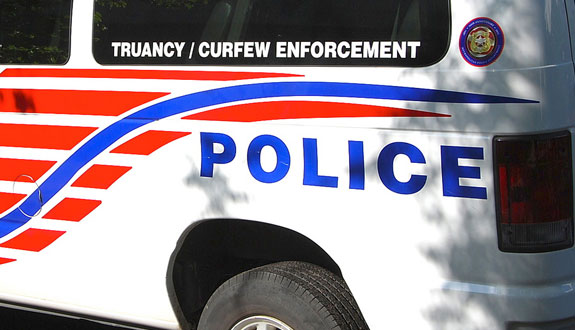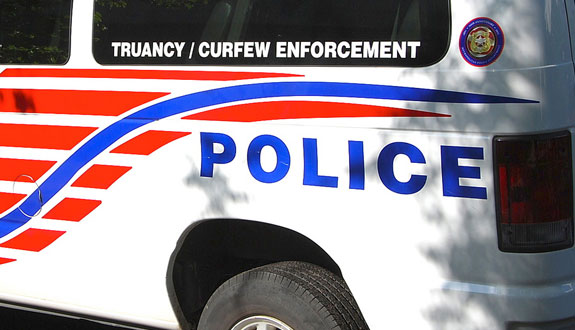Out After Curfew: Do You Have to Disclose?
- by
- Sep 04, 2014
- Admissions
- Reviewed by: Matt Riley


Today’s post comes from Anna Ivey, the former Dean of Admissions at the University of Chicago Law School and founder of Ivey Consulting. She and her team help college, law school, and MBA applicants make smart decisions about their higher education and navigate the application process. She is the author of The Ivey Guide to Law School Admissions, which is downloadable as an e-book.
Disclosure is an extremely common issue that many students deal with in law school applications, and this question comes from right here at Most Strongly Supported:
Three days before my 18th birthday, I was caught being out at night after curfew. There was no drinking or anything like it involved. The police made me wait for my parents to come get me, same with my friends.
The told me they were giving me a warning, but I never received any type of documentation so was led to believe it was verbal. I was also under the impression that since I was turning 18 in three days, that warning would be taken from my record anyway. Is this something that needs to be disclosed [on my law school applications]? And how do I find out if it was actually a written warning?
Because each law school words its disclosure questions differently, you’ll have to read them very carefully to determine whether you have to disclose this incident on your applications. You might have to disclose for some schools but not others.
Many applications ask whether a particular incident happened — that’s different from asking whether it’s on your record. So don’t assume you can ignore it on your applications just because you were under 18, or just because it may have been expunged, or just because it may have been an oral warning versus a written one.
Look for any language in the disclosure questions that creates an exception for juvenile incidents (under age 18), or any exceptions for incidents that were expunged from your record. Also look for any language that distinguishes between convictions and charges, and any language that distinguishes between felonies, misdemeanors, citations, and warnings.
Questions for you to research: Was the warning ever in your record? If so, was it expunged? You’ll have to find out exactly what happened and exactly what’s in your record by contacting the police department that caught you and issued the warning. Keep records of whatever they confirm one way or the other (even if it’s just to confirm that there is no record at all). You’ll likely need that information again when it comes time to apply for the bar.
For applications that do require you to disclose this incident, this one is pretty small potatoes, and I doubt very much that it will stand between you and a law school acceptance. If you fail to disclose something when you should have, on the other hand, there can be much more serious consequences. So if in doubt, go ahead and disclose.
You can read more advice on these kinds of topics here:
- Dealing With Your Past: Disclosing Criminal Issues on Your Law School Applications
- How to Handle a Criminal Conviction in Your Law School Application
- Time to Start Your Own Document Review
Good luck!
Search the Blog

Free LSAT Practice Account
Sign up for a free Blueprint LSAT account and get access to a free trial of the Self-Paced Course and a free practice LSAT with a detailed score report, mind-blowing analytics, and explanatory videos.
Learn More
Popular Posts
-
logic games Game Over: LSAC Says Farewell to Logic Games
-
General LSAT Advice How to Get a 180 on the LSAT
-
Entertainment Revisiting Elle's LSAT Journey from Legally Blonde








